- Home›
- Healthy Living›
- 8 Must Try Home Remedies For Gout
8 Must Try Home Remedies For Gout
By: Priyanka Maheshwari Tue, 03 Oct 2023 10:29:08

Gout can cause significant discomfort and pain for those who experience it. While seeking medical advice is the most recommended course of action, there are certain measures you can take at home to assist your body in the healing process. Continue reading to discover how.
Gout is a condition characterized by the accumulation of uric acid deposits within the body. When the kidneys are unable to eliminate excess uric acid, it leads to the formation of these deposits, which can be extremely agonizing. Typically, gout affects predominantly men, with the highest risk occurring after the age of 40.
In addition to adhering to your prescribed medications, the following points offer ways to reduce the occurrence of gout and, if you are already affected, can help alleviate the discomfort. We have compiled a list of 15 effective home remedies for managing gout pain, which many individuals claim have provided relief from the pain and soreness associated with this condition.
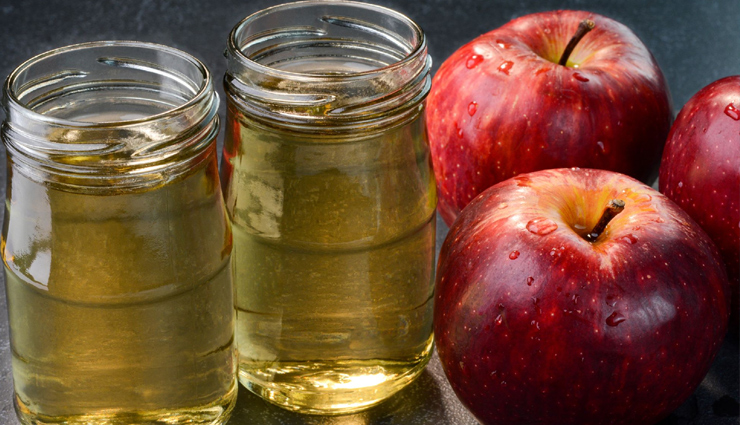
# Apple Cider Vinegar For Gout
Apple cider vinegar is a popular home remedy that some people believe may help alleviate the symptoms of gout. Apple cider vinegar is acidic, and it is thought that consuming acidic substances may help neutralize and dissolve uric acid crystals in the joints, which are responsible for the pain and inflammation associated with gout. Despite its initial acidity, apple cider vinegar is believed to have an alkalizing effect on the body once metabolized. Some proponents suggest that this alkalizing effect can help balance the body's pH levels and reduce the risk of gout attacks.
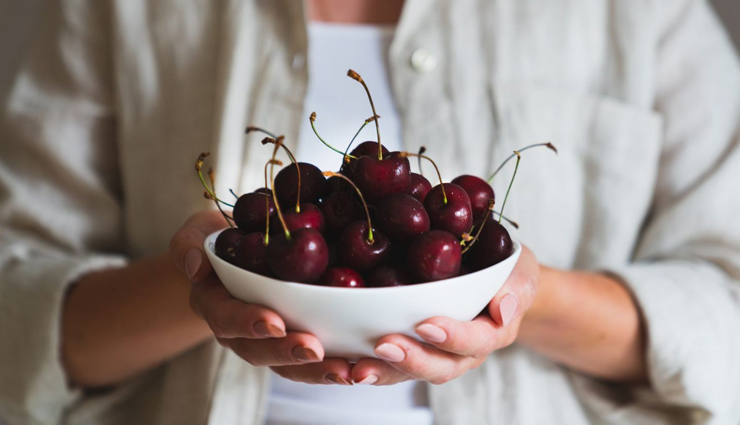
# Cherries For Gout
Cherries are a popular natural remedy that some people believe can be beneficial for managing gout. They are often recommended for their potential to reduce gout symptoms, particularly inflammation and pain. Cherries, especially tart cherries, are rich in compounds known as anthocyanins. These compounds have antioxidant and anti-inflammatory properties, which can help reduce the inflammation and pain associated with gout attacks.
Some studies suggest that cherries may help lower uric acid levels in the blood. Elevated uric acid levels are a primary factor in the development of gout. Consuming cherries may help the body excrete uric acid more efficiently.

# Baking Soda For Gout
Baking soda, also known as sodium bicarbonate, is a home remedy that some people believe can help alleviate the symptoms of gout. It is thought to work by raising the pH level of the blood, which can make the uric acid in the body more soluble and easier to excrete. Baking soda is alkaline in nature, and it is believed that consuming it can increase the pH levels in the blood. This alkalizing effect may help reduce the concentration of uric acid in the body, potentially preventing gout attacks or relieving their symptoms.
Baking soda may enhance the solubility of uric acid crystals, making it easier for the body to eliminate them through the kidneys.
If you're considering using baking soda as a remedy for gout, it's essential to do so cautiously and under the guidance of a healthcare professional. Baking soda should be consumed in moderation. Typically, a common recommendation is to dissolve half a teaspoon of baking soda in a large glass of water and drink it once a day.
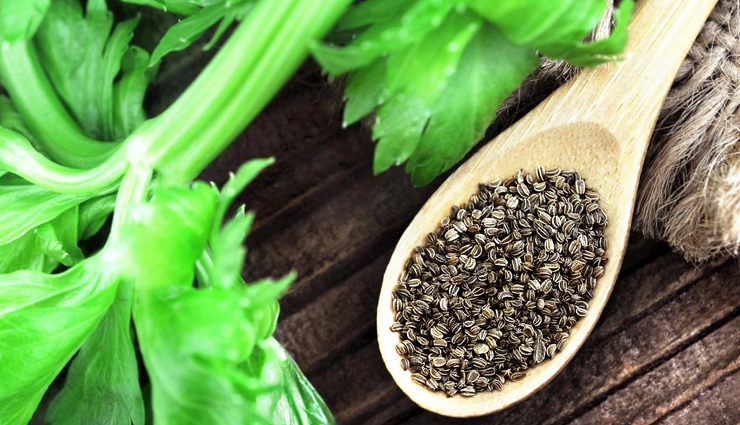
# Celery Seed For Gout
Celery seed is a natural remedy that has been suggested as a potential aid for managing gout symptoms. While scientific evidence on its effectiveness is limited, some people believe that celery seed may offer certain benefits for gout sufferers. Celery seeds contain compounds like antioxidants and phthalides, which are believed to have anti-inflammatory properties. Reducing inflammation is crucial in managing the pain and discomfort associated with gout.
Celery seeds are a source of dietary fiber, which can contribute to a healthier diet. A diet rich in fiber can help regulate various metabolic processes, potentially including uric acid levels in the body. Celery seed can be consumed in various forms, including as a spice, herbal supplement, or by brewing it as celery seed tea. It's essential to follow recommended dosages for any supplement and consult with a healthcare professional before using herbal remedies.
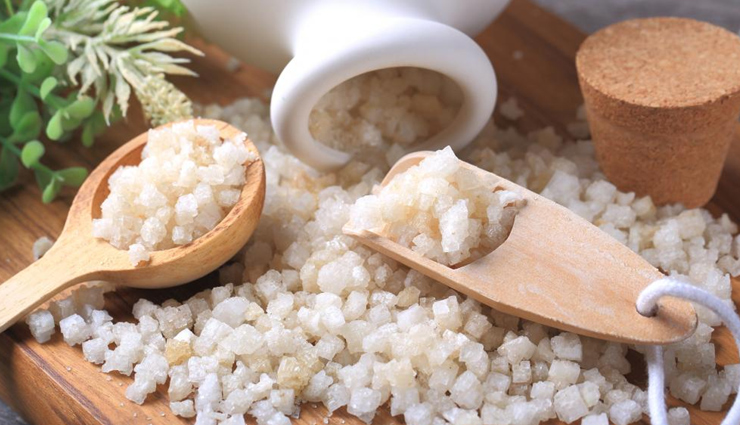
# Epsom Salt For Gout
Epsom salt, also known as magnesium sulfate, is a mineral compound that is often used in baths and soaks. Some people believe that Epsom salt baths may have benefits for individuals with gout, particularly in terms of relieving pain and discomfort. Epsom salt baths are thought to provide relief from the pain and discomfort associated with gout attacks. The warm water and magnesium sulfate can help relax muscles and reduce inflammation, which may alleviate some of the pain.
Epsom salt contains magnesium, a mineral that the body can absorb through the skin when added to a bath. Some individuals with gout may have low magnesium levels, and this method may help increase magnesium intake. The typical recommendation is to dissolve about 2 cups of Epsom salt in a warm bath and soak for 20-30 minutes. However, it's essential to consult with your healthcare provider for specific guidance on the appropriate dosage and frequency.
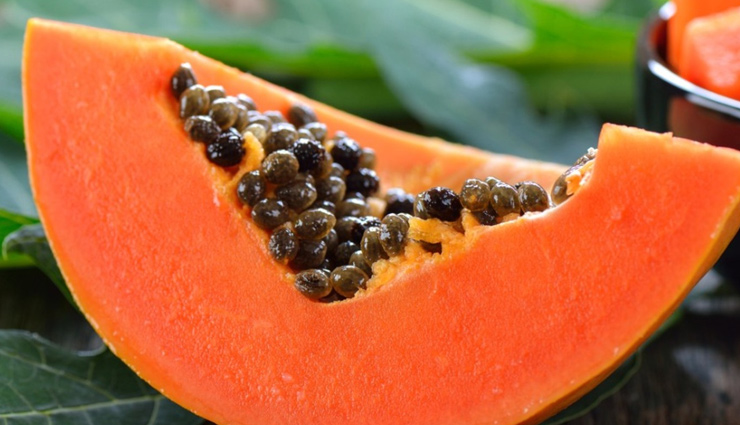
# Papaya For Gout
Papaya is a tropical fruit that some people believe may offer certain benefits for individuals with gout. While scientific evidence on its effectiveness in managing gout is limited, papaya is generally considered a healthy addition to one's diet and may have some potential advantages for gout sufferers. Papaya contains several antioxidants, including vitamin C and beta-carotene, which are believed to have anti-inflammatory properties. Reducing inflammation is essential for managing the pain and discomfort associated with gout.
Consuming fresh papaya is the most recommended form, as it contains the highest levels of nutrients and enzymes. You can enjoy papaya as a snack, in smoothies, or as part of fruit salads. Like all foods, it's essential to consume papaya in moderation. A balanced diet that includes a variety of fruits and vegetables is typically recommended for gout management.
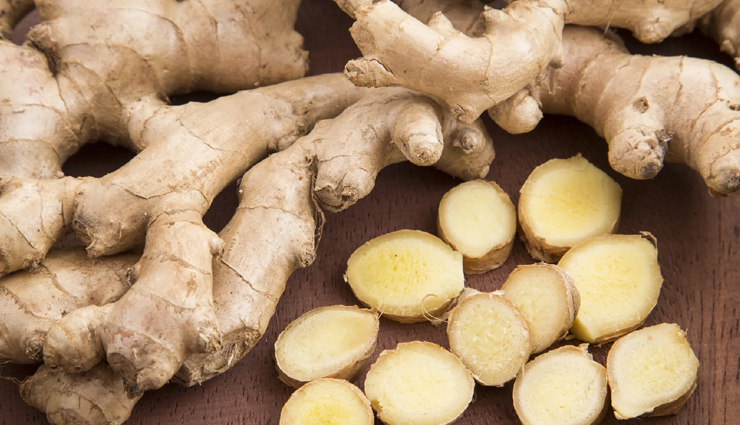
# Ginger For Gout
Ginger is a popular spice and natural remedy that some people believe may have benefits for individuals with gout. While scientific evidence on its effectiveness in managing gout is limited, ginger is known for its anti-inflammatory and antioxidant properties, which could potentially offer relief from gout symptoms. Ginger contains compounds called gingerols and other bioactive substances that are believed to have anti-inflammatory effects. Reducing inflammation is crucial for managing the pain and discomfort associated with gout.
Some individuals with gout experience pain and swelling during gout attacks. Ginger's potential anti-inflammatory properties may help alleviate these symptoms, providing relief. Ginger is known for its digestive benefits and can help ease digestive discomfort. Improved digestion may aid in the elimination of waste products, potentially including uric acid. Ginger can be consumed in various forms, including fresh ginger root, ginger tea, ginger capsules, or as an ingredient in recipes. The form you choose may depend on your preferences and tolerances.
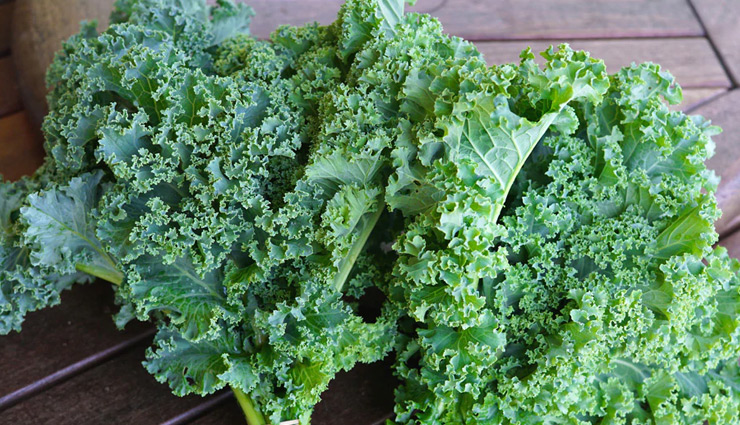
# Kale For Gout
Kale is a nutrient-dense leafy green vegetable that is generally considered a healthy addition to most diets. While it is not specifically known as a remedy for gout, kale can be part of a balanced diet for individuals with gout. Kale is a low-purine food. Purines are naturally occurring compounds that can be broken down into uric acid in the body. High-purine foods can contribute to elevated uric acid levels and trigger gout attacks. Since kale is low in purines, it is less likely to exacerbate gout symptoms.
Kale is rich in vitamins, minerals, and antioxidants, including vitamin C and vitamin K, which can support overall health. Antioxidants can help reduce inflammation, which is important for managing gout. Fresh kale is typically the most nutritious form. You can use it in salads, smoothies, stir-fries, or as a side vegetable dish.





